Winter is coming or is it already here?
During this freezing time of the year, unlike some common perceptions, there are some special vegetables and herbs that can be grown. So, let’s see what you can grow in your garden during winter.
Garlic
 Garlic is a bulbous flowering plant that belongs to the family of Liliaceous, one of the oldest cultivated plants in the world. And, some of the other members of this family are chives, shallots and onions. All of the members of this family, including garlic are easily distinguished by their unique flavor and pungent aroma. And, due to this same pungent flavor, garlic is normally used in small quantities as compared to other vegetables. However, they have been part of our diet since centuries –they can be crushed, roasted, boiled, sautéed or cooked whole.
Garlic is a bulbous flowering plant that belongs to the family of Liliaceous, one of the oldest cultivated plants in the world. And, some of the other members of this family are chives, shallots and onions. All of the members of this family, including garlic are easily distinguished by their unique flavor and pungent aroma. And, due to this same pungent flavor, garlic is normally used in small quantities as compared to other vegetables. However, they have been part of our diet since centuries –they can be crushed, roasted, boiled, sautéed or cooked whole.
Garlic is commonly used as a spice in savory dishes, but its therapeutic and medicinal properties have been widely documented. Did you know that Egyptians, for example, previously used this herb to heal wounds? Or, that the Chinese and Greeks used garlic to treat colds and coughs?
Ever since this herb was used by the American army to treat infections during war times, much research has been carried out and has linked this popular ingredient with numerous health benefits. Let’s take a look at some of the benefits:
- Garlic is known for reducing cholesterol levels.
- Garlic can boost your immune system.
- Garlic can also help in reducing blood pressure.
- According to some recent studies, the consumption of fresh garlic can help lessen the risk of some types of cancer like colon cancer. As per an Iowa Women’s Health Study, all those who consumed fresh garlic on a regular basis had a 30-35 % lower chance of getting colon cancer.
- The antibiotic and antibacterial properties of garlic can help in fighting infections and bacteria.
- Some researchers have claimed that the regular consumption of garlic can prevent Alzheimer’s and Dementia. However, more research is needed in this area.
- Garlic was widely used in traditional Arab medicine to treat heart diseases.
- According to some health experts, garlic can also be used to cure toothaches and tooth infections.
- A country’s agricultural marketing board even claimed that garlic can be used in the treatment of arthritis and constipation.
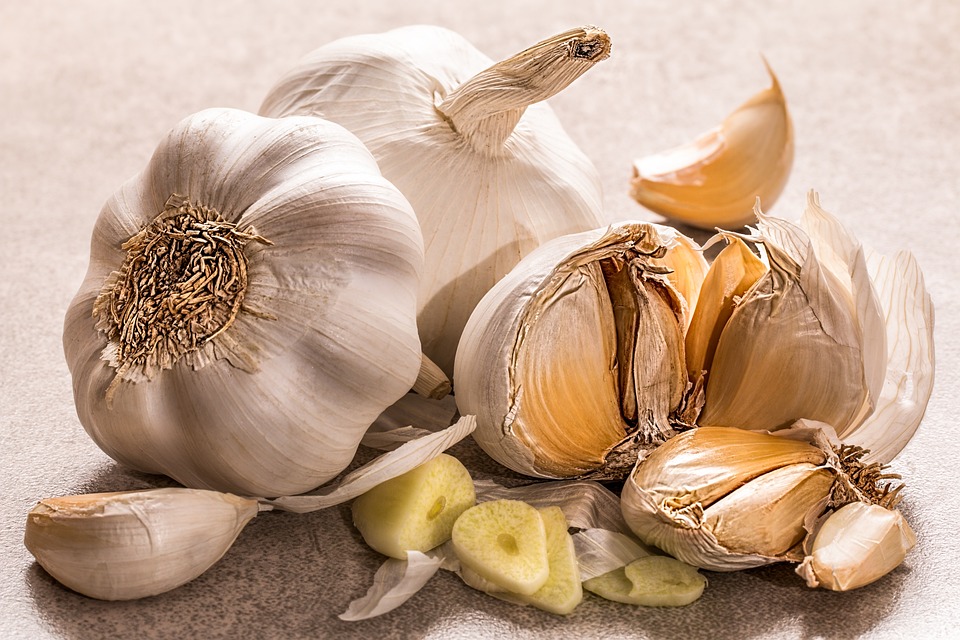 After reading all those health benefits, I’m sure you are now more than eager to have garlic in your garden, right? Well, the good news is that garlic can be grown almost anywhere, given that the soil is not too wet. But, the most unique thing about growing garlic is that they can be planted in early winter. In fact, some varieties of garlic require at least 0–10°C (32–50°F) for good growth and development. Can you believe that?
After reading all those health benefits, I’m sure you are now more than eager to have garlic in your garden, right? Well, the good news is that garlic can be grown almost anywhere, given that the soil is not too wet. But, the most unique thing about growing garlic is that they can be planted in early winter. In fact, some varieties of garlic require at least 0–10°C (32–50°F) for good growth and development. Can you believe that?
So, here are some general tips for growing garlic:
- I guess my first advice to you would be to purchase the seed stock from trusted sources only.
- Even if garlic can be planted in different kinds of soil, a loamy ground with natural drainage is often preferred. And, remember that garlic is pretty much sensitive to both acidic and alkaline soils. Hence, opt for a soil with the pH of 7 or 8 for an optimal growth.
- Garlic is usually grown from individual cloves- cloves that must come from mature and well-developed garlic bulbs. It’s important to remember that the individual cloves must be put in the soil within 24 hours after the “cracking” – the process of separating the cloves from bulbs.
- This herb produces shallow roots and thus it needs a good amount of water. Perhaps, the biggest challenge in garlic cultivation is irrigation. So, to obtain the best results, make sure you provide the garlic with enough water so as it can help in maintaining a good level of moisture in the soil.
- You won’t often hear this, but when you are growing garlic, it is recommended to plant at least a few different varieties.

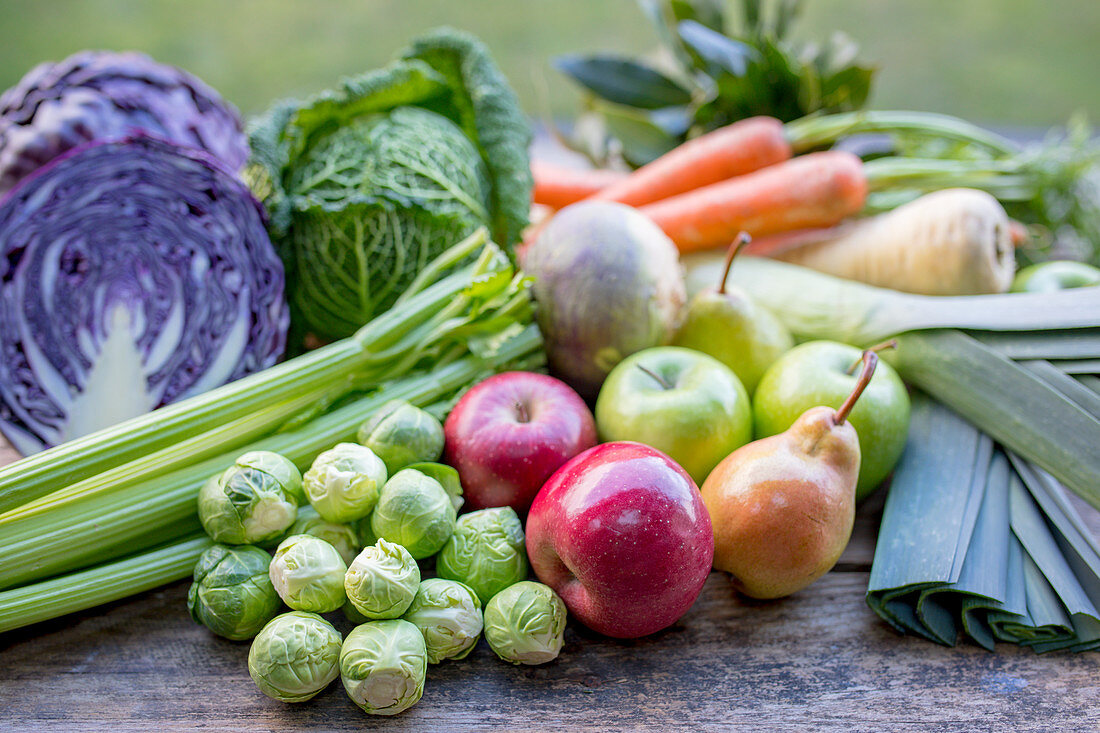
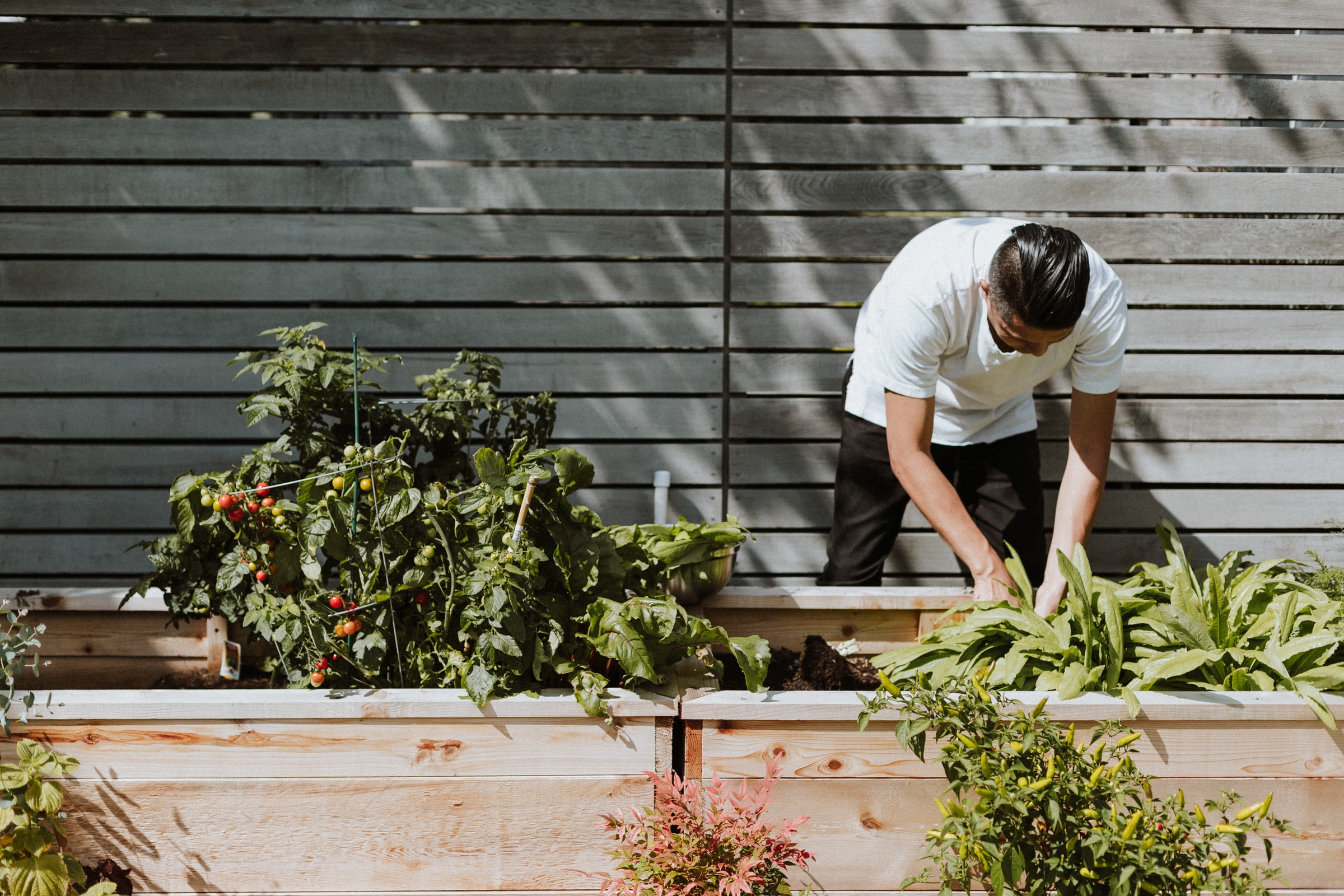
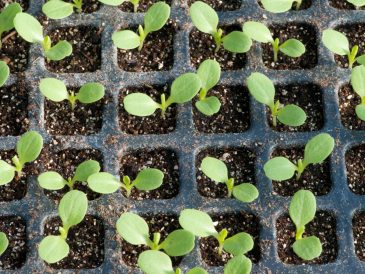
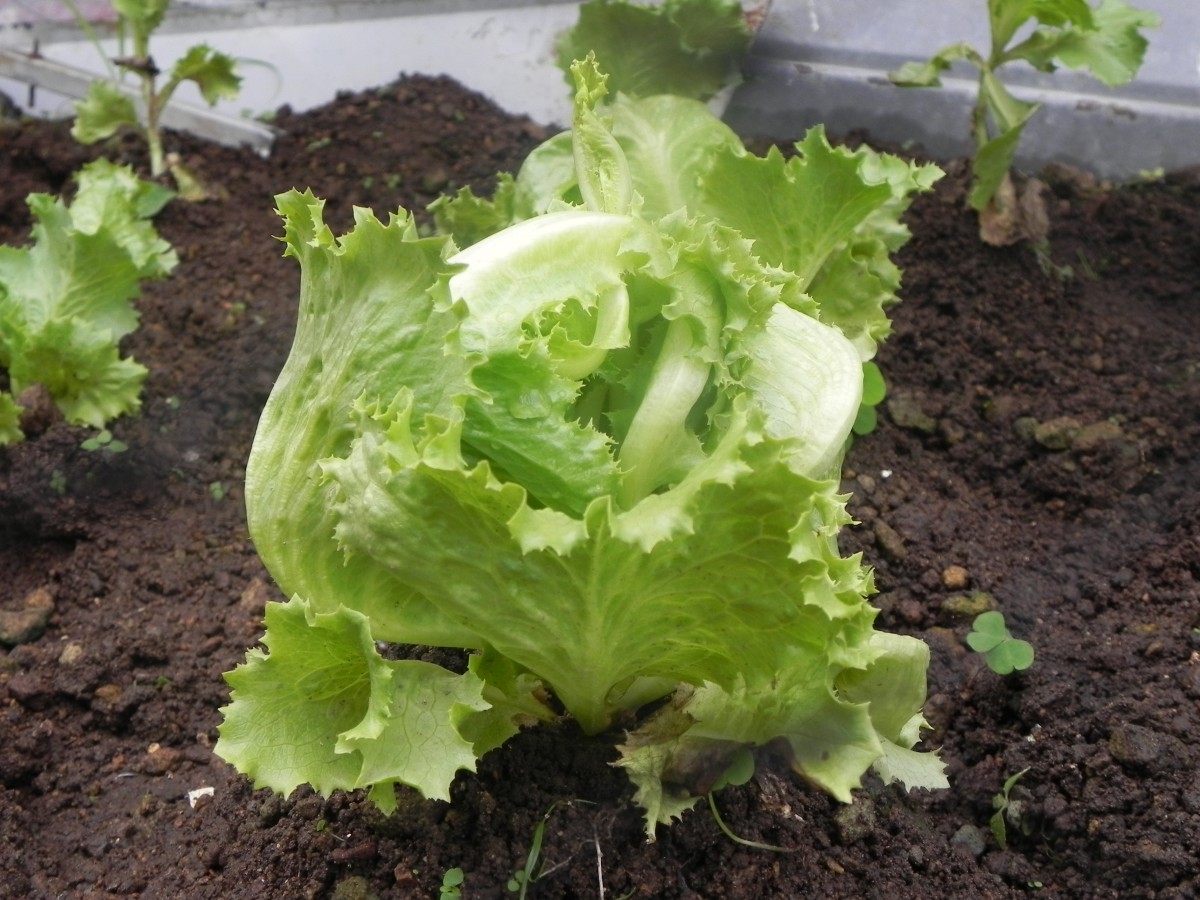
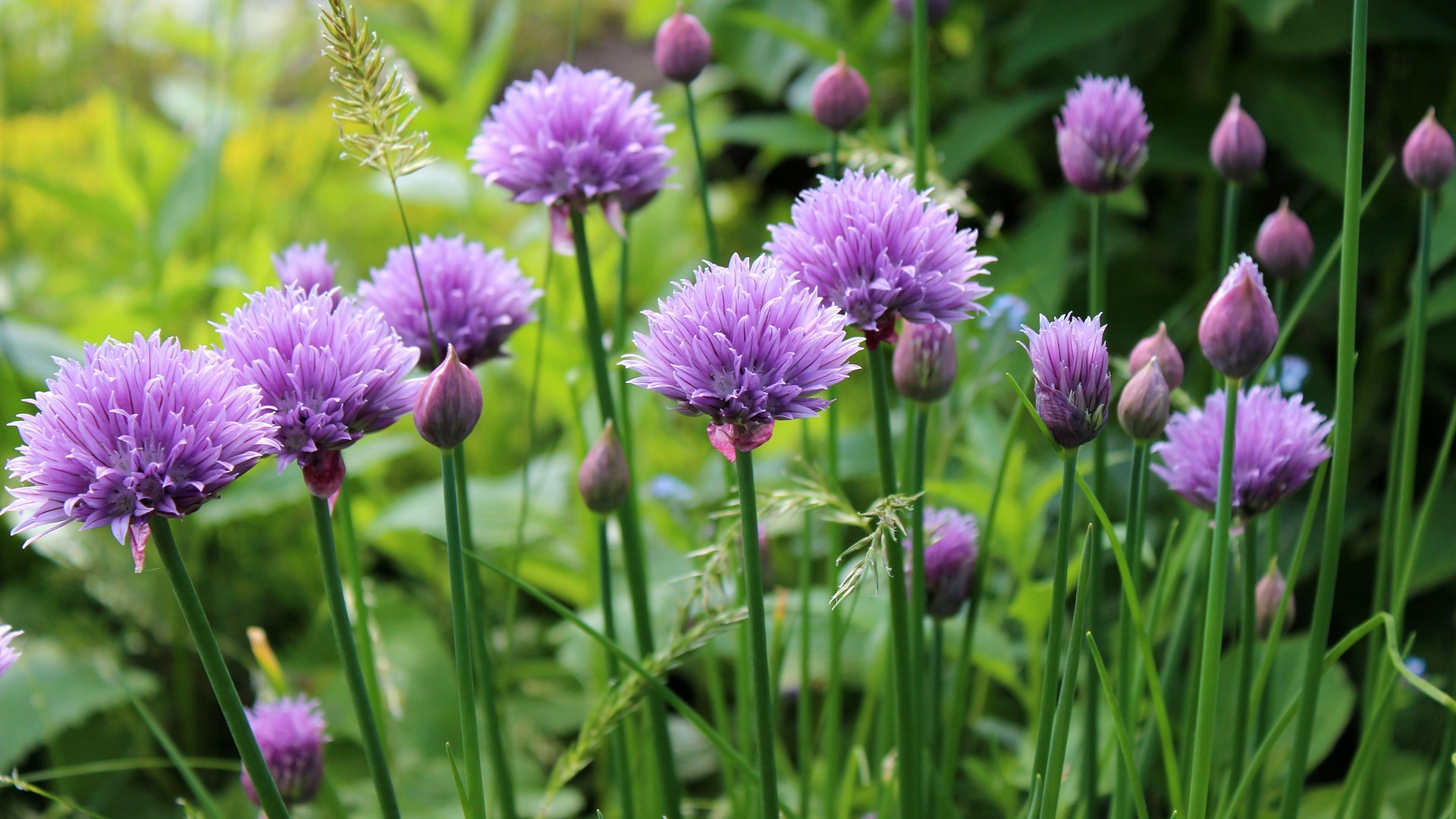
1 Comment
[…] So, give gardening a try if you are stressed out, and you will find it may ameliorate your lifestyle, but also see a therapist. It is something that we should all do. Sound off in the comments section below and tell us what you want to read next and if you want to read more about the effect of gardening on our mental health. […]